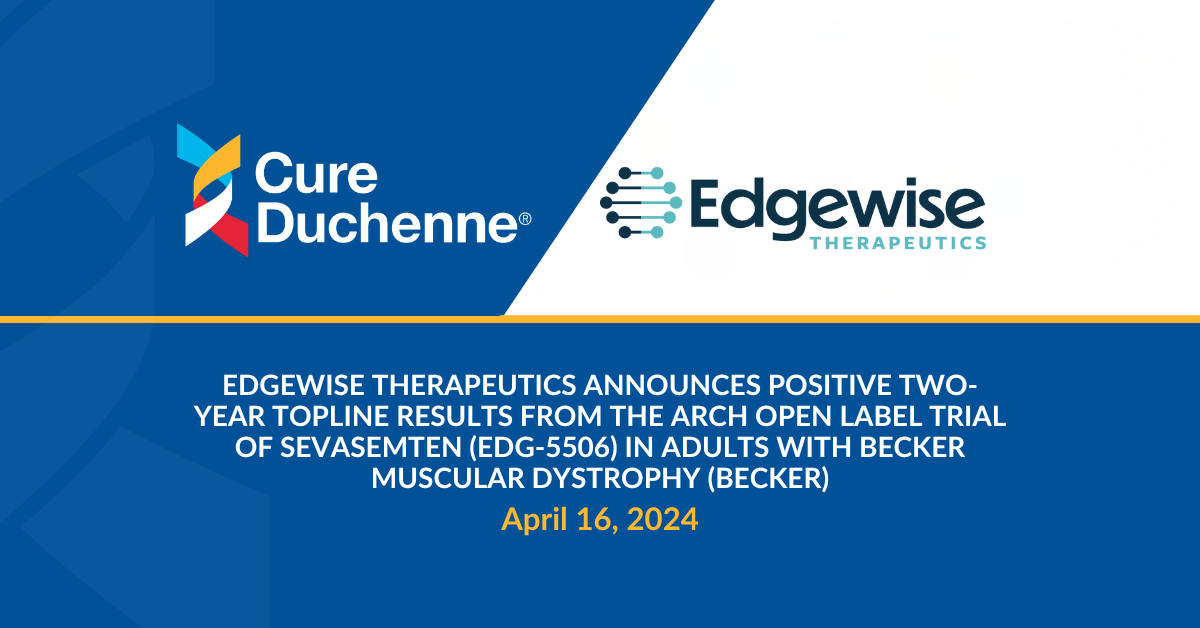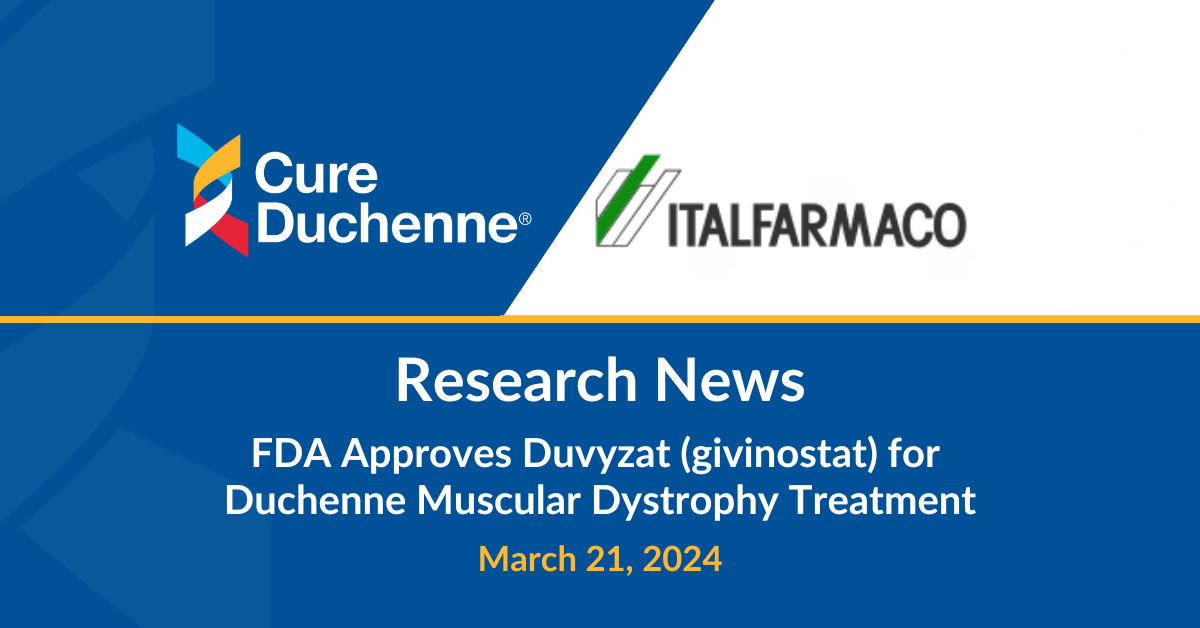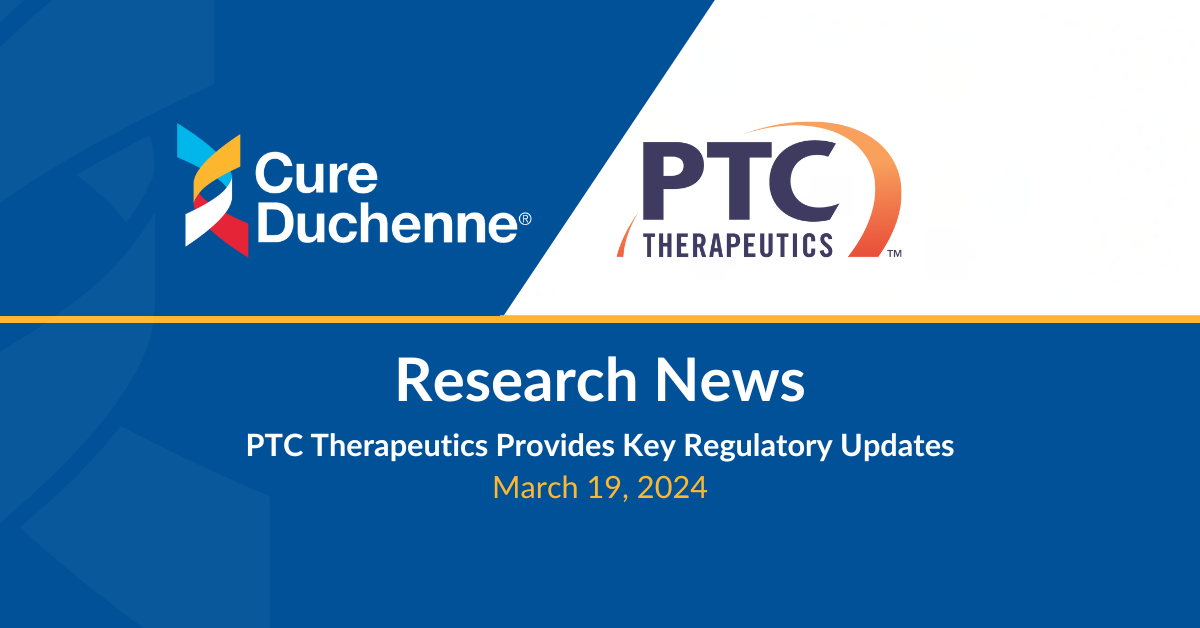Drisapersen/GSK Update
Since my last email you may have seen a recent story that appeared on an investment tips website regarding a presentation on drisapersen made at the Duchenne Parent Project Onlus meeting on 24th February 2013 in Rome, Italy. We appreciate that the story may raise questions for you, so I wanted to write and provide you with a little more detail and context. At the meeting, I provided an overview of our clinical programme, which is the largest investigation of a medicine in DMD boys ever conducted involving over 300 boys.
The story that appeared on the investor website highlighted the point that a small number of boys in the clinical trial programme were hospitalised due to thrombocytopenia (a decrease in the number of platelets or small cells that help blood to clot) and proteinuria (excessive protein in the urine). The boys have all recovered, following withdrawal of drisapersen and appropriate medical management. I would like to assure you that maintaining the safety of the boys in the drisapersen clinical studies is of paramount importance to GSK. Over the course of conducting the drisapersen programme, there have been a small number of serious adverse events of thrombocytopenia and proteinuria. In the clinical trials, a close watch is being kept on platelet counts and on proteinuria through blood and urine tests. It is important to note that it is usual practice for an investigator to admit a boy to hospital if necessary, for the boy to be appropriately treated and to recover.
We are confident that the current safety monitoring procedures set out in the study protocols, and agreed by regulatory authorities, are appropriate to ensure the safety of the boys participating in our clinical trials. The GSK Safety Review Team continually monitors the safety in the clinical trials and an external panel of medical and statistical experts also periodically review the drisapersen safety data (the Independent Data Monitoring Committee). The adverse events have also been disclosed in a timely manner to the appropriate regulatory authorities and study investigators.
Although a small number of subjects withdrew from medication due to adverse effects, approximately 96% of boys randomised have continued to receive assigned study treatment. The large database includes approximately 180 boys who have completed 48 weeks of double-blind treatment. In the open label extension study a further 117 boys have completed 24 weeks and 41 have completed 48 weeks. Currently, all drisapersen clinical trials are progressing as planned and boys are continuing to receive medicine as per study protocol.
As part of GSK’s commitment to transparency, we have shared safety information on our clinical program on an ongoing basis at a number of patient advocacy meetings, including the recent Duchenne Parent Project Onlus meeting in Italy, and past US Parent Project Muscular Dystrophy (PPMD) and UK Action Duchenne meetings (among others). We also plan to share the results of our completed Phase IIb study (DMD114117) in the coming months, with scientific conference presentations and a manuscript submission.
Anyone participating in a drisapersen study that has questions or concerns should discuss these with their study investigator. Please do let me know if you have any other questions and as always, we will endeavor to update the community with drisapersen news as it develops. You can also find more information regarding the ongoing clinical studies involving drisapersen, by visiting www.clinicaltrials.gov.
Kind Regards
Rohit





